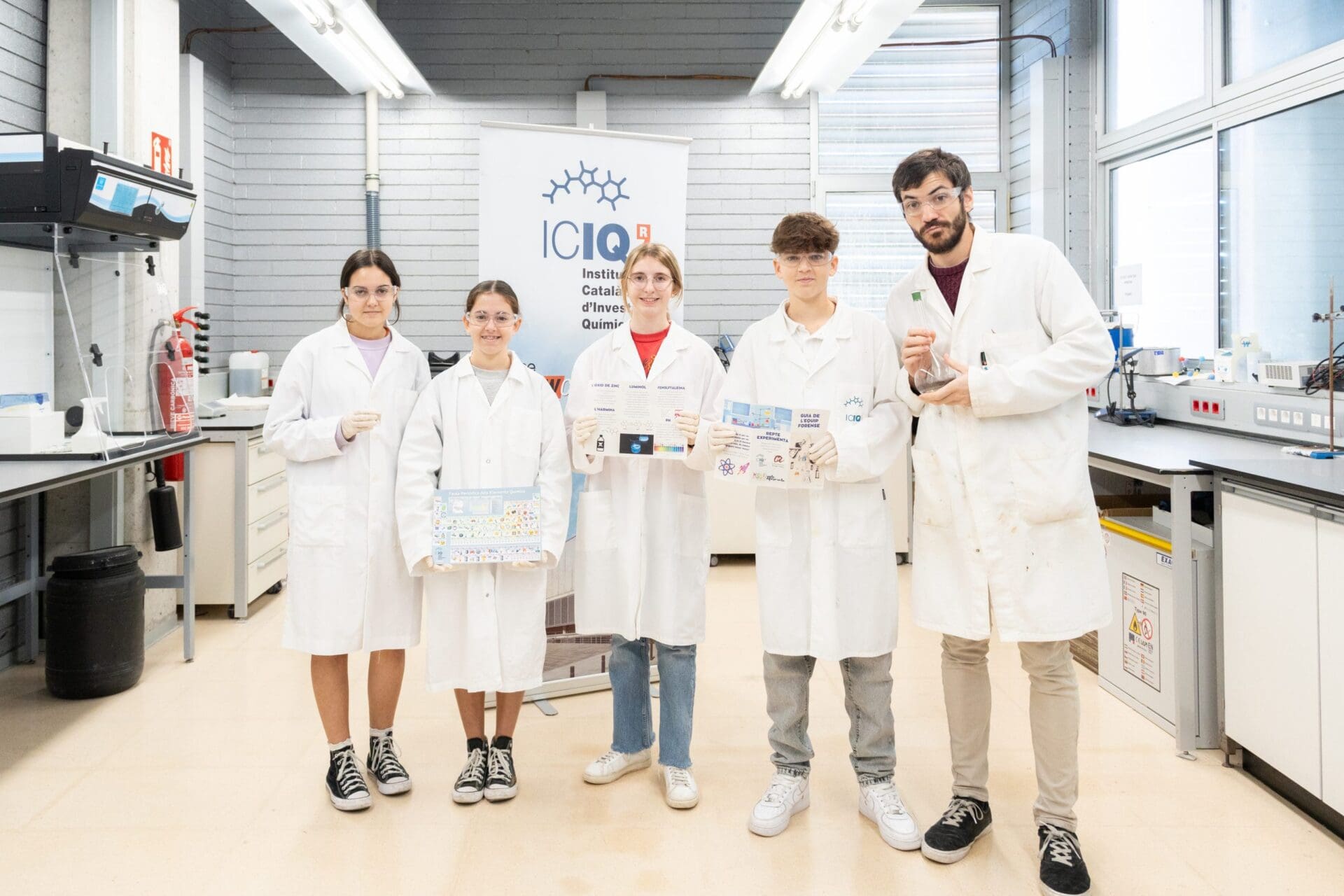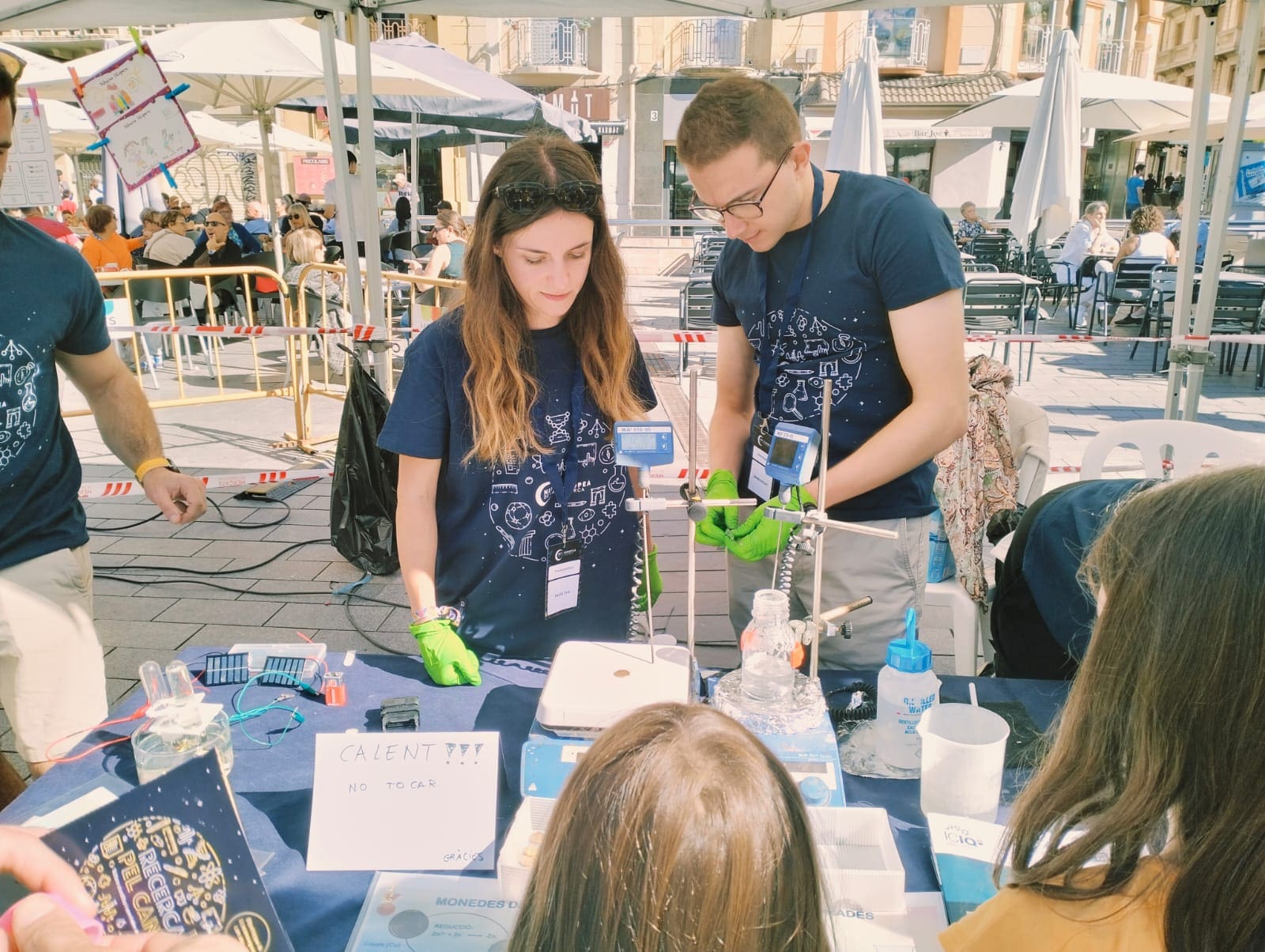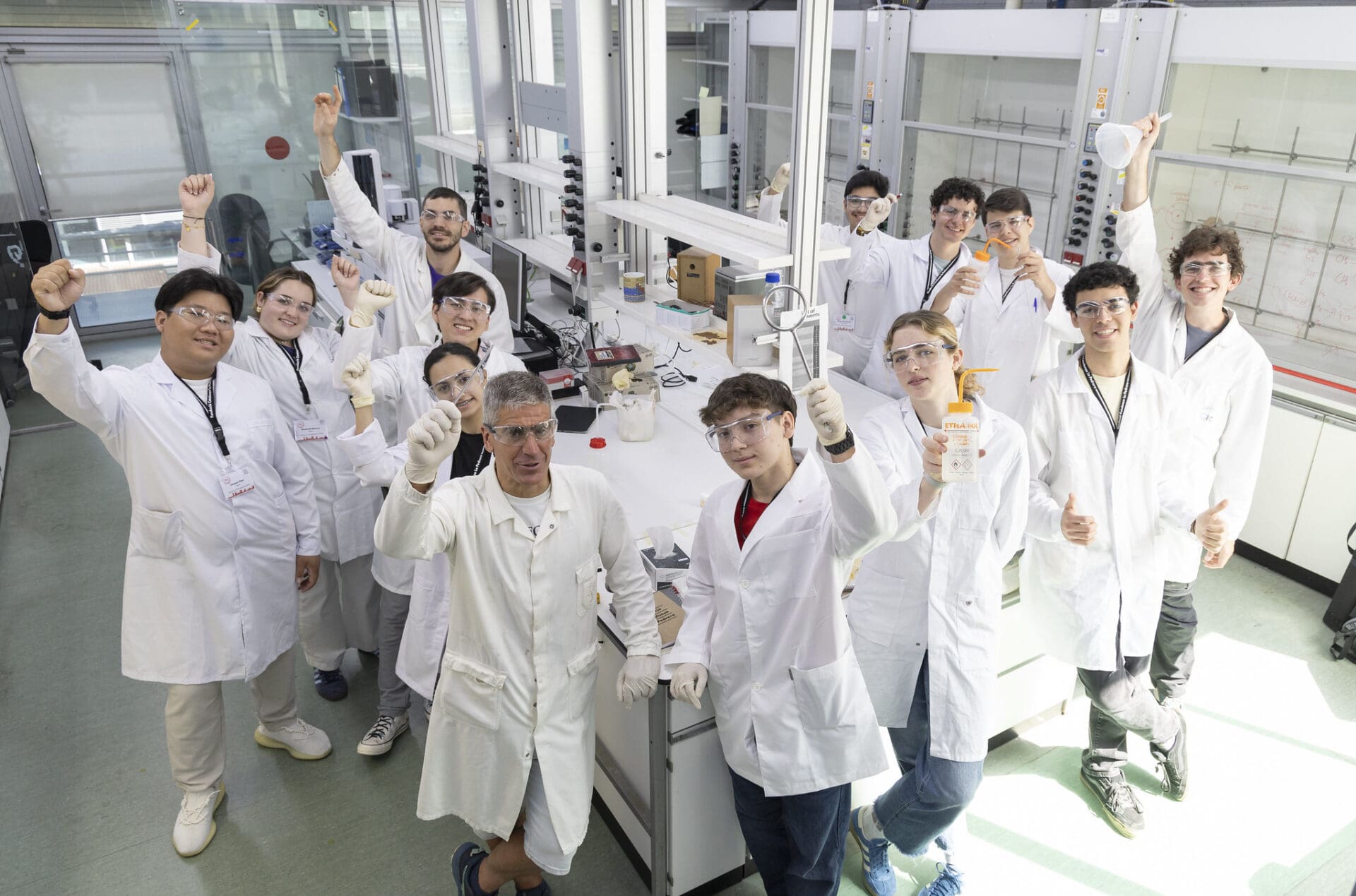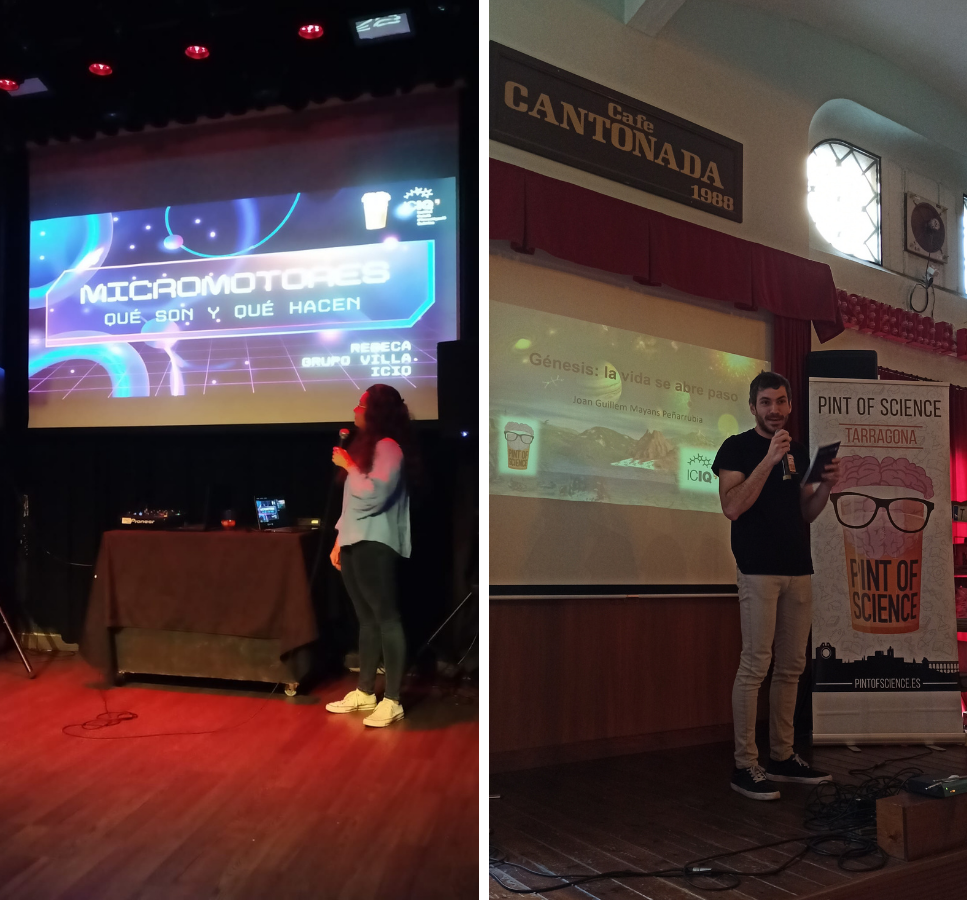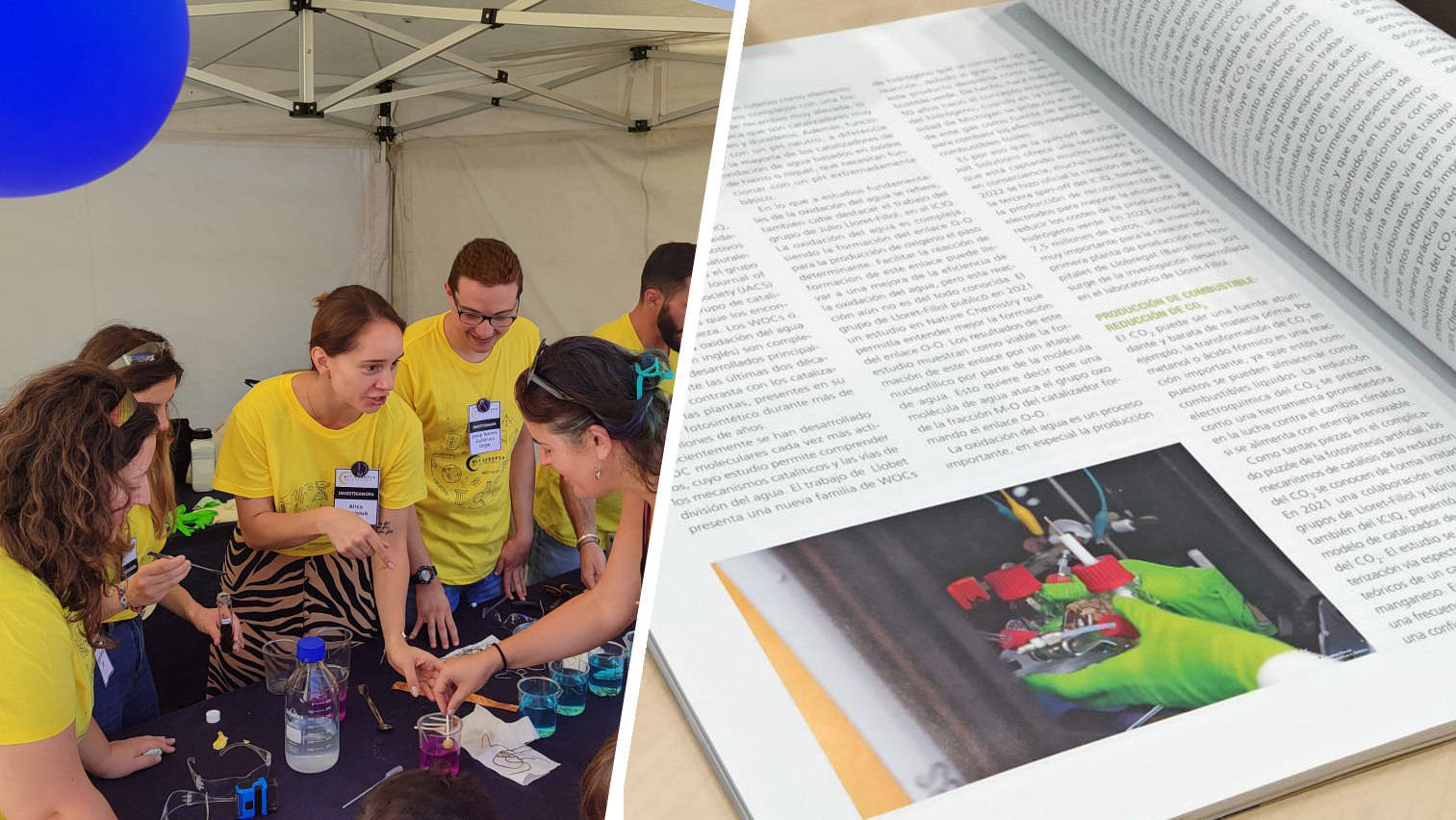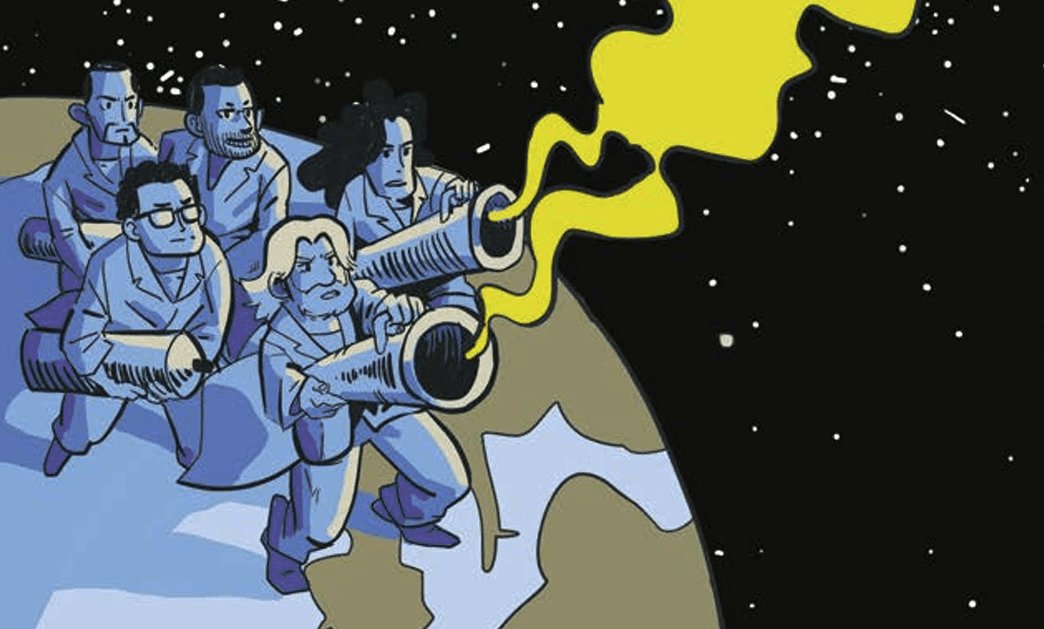Face to Face with Luis Oro
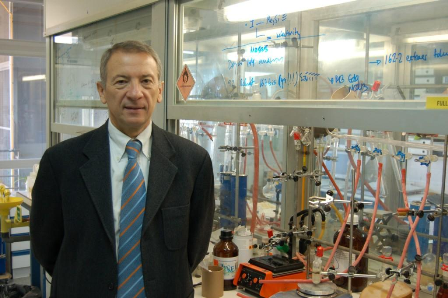 Luis Oro is a Professor of Inorganic Chemistry at the University of Zaragoza, Spain. His main research interests are in coordination and organometallic chemistry, reaction mechanisms and homogeneous catalysis. Besides, he is a member of The Scientific Advisory Board at ICIQ and needless to say, a great friend of ours.
Luis Oro is a Professor of Inorganic Chemistry at the University of Zaragoza, Spain. His main research interests are in coordination and organometallic chemistry, reaction mechanisms and homogeneous catalysis. Besides, he is a member of The Scientific Advisory Board at ICIQ and needless to say, a great friend of ours.
When did you decide to become a scientist, a chemist in your case, and why?
I belong to the generation that played with the ‘Quiminova’ and ‘Quimicefa’, made gunpowder and bought potassium chlorate. I made my own experiments at home, in the sink and with other friends. When I got to college I was not sure whether to study medicine or chemistry and, in the end, I decided to study chemistry. The main reason being that the summer before starting college I witnessed an accident in which people were badly injured.This is when I realised that I was made to study science instead of medicine. Also, I had an excellent chemistry teacher who influenced me. When the time to make a decision came my vocation was clear: chemistry. I think chemistry is a science with a special component, which is creativity. Chemists also create. We create molecules and we study their applications. I have to say that I have really enjoyed science and I hope to continue enjoying it.
What do you like and enjoy the most in your job as a chemist?
The discovery of a new reaction is a great satisfaction. If there is something I love is seeing young researchers sharing their discoveries with passion and seeing how their creativity increases. It is a mistake to have young researchers doing the reactions that we ask them to do. This does not encourage their creativity. I am in favor of the opposite: This is the way, this is the goal, let´s go for it. Your ideas are welcome.
What do you see as the greatest achievements in your career to date?
This is a very difficult question. There are scientists who have had some findings that changed their scientific career. I, however, believe that we have contributed in many different areas but I would not be able to highlight a single discovery. For instance, I believe we have made interesting contributions towards bimetallic catalysis: if a metal supports a reaction, why not using two and see if they cooperate? I think we have understood and made interesting contributions in this line. We also enjoyed the very beginning of dihydrogen compounds. The first compounds of osmium and dihydrogen were prepared in our laboratory.
I’ve always been a very curious person and our group has been involved in many different areas of chemistry research. We really enjoyed the preparation of clusters and linear molecules, what we call molecular architecture.
I think one should try to enjoy everything one does and I try to do it myself. Not only on my side as a chemist, but also in all those other passions that life generates for you. My other great passion is mountain climbing and I’m still climbing mountains above 6000 meters!
From your point of view, what are the most important areas in which funding should be spent on?
We should try and create a stronger link between chemistry and society. We should make an effort in order to change the negative perception that society has about chemistry. Lately, there has been an increasing number of collaborations between different scientific disciplines such as chemistry and biology, biochemistry, medicine and the results have been very positive and relevant in areas like molecular biology, medicinal chemistry, biomedicine… These are the areas that have attracted more interest from society. Perhaps this is a good way to go.
In recent days we have seen articles in the Spanish press that said that research in Spain not shinning and Spanish scientific publications do not have the desired quality. What is your opinion on this?
Spain occupies no. 11 in the world’s research ranking. When it comes to chemistry research, we are up two positions to 9th in the world. Chemistry is the science in which Spanish research is better placed. Our researchers publish in prestigious and high impact journals. The evolution of Spanish research in chemistry is very promising.
Could you tell us a funny anecdote that happened in your lab or your life as a researcher?
Once, a maintenance company came to check the laboratory facilities. Suddenly, one of the workers took off his shoe and showed his foot to me. He asked for my opinion on it. I told him it did not look very healthy. He said he had already seen one doctor but he wanted a second opinion!
Sometimes, people associate the treatment ‘doctor’ with medicine. This situation amused me! However, things are changing now and we know that a doctoral degree does not necessarily involve medicine but can also be obtained in different disciplines at University if one studies a PhD.
PROUST/ICIQ QUESTIONNAIRE
A chemical element: Iridium
Favourite Scientist: Lavoisier
An invention: Penicillin
If you had not been scientist … I would have been a general practitioner (family doctor)
Favourite destination: The Nepalese Himalaya
A book: Give me more time for that one… Pomelo y limón by Begoña Oro
A movie: Casablanca
A dream: To climb a 7000 meters high peak
Science is… fun
Related news

Let's create a brighter future
Join our team to work with renowned researchers, tackle groundbreaking
projects and contribute to meaningful scientific advancements





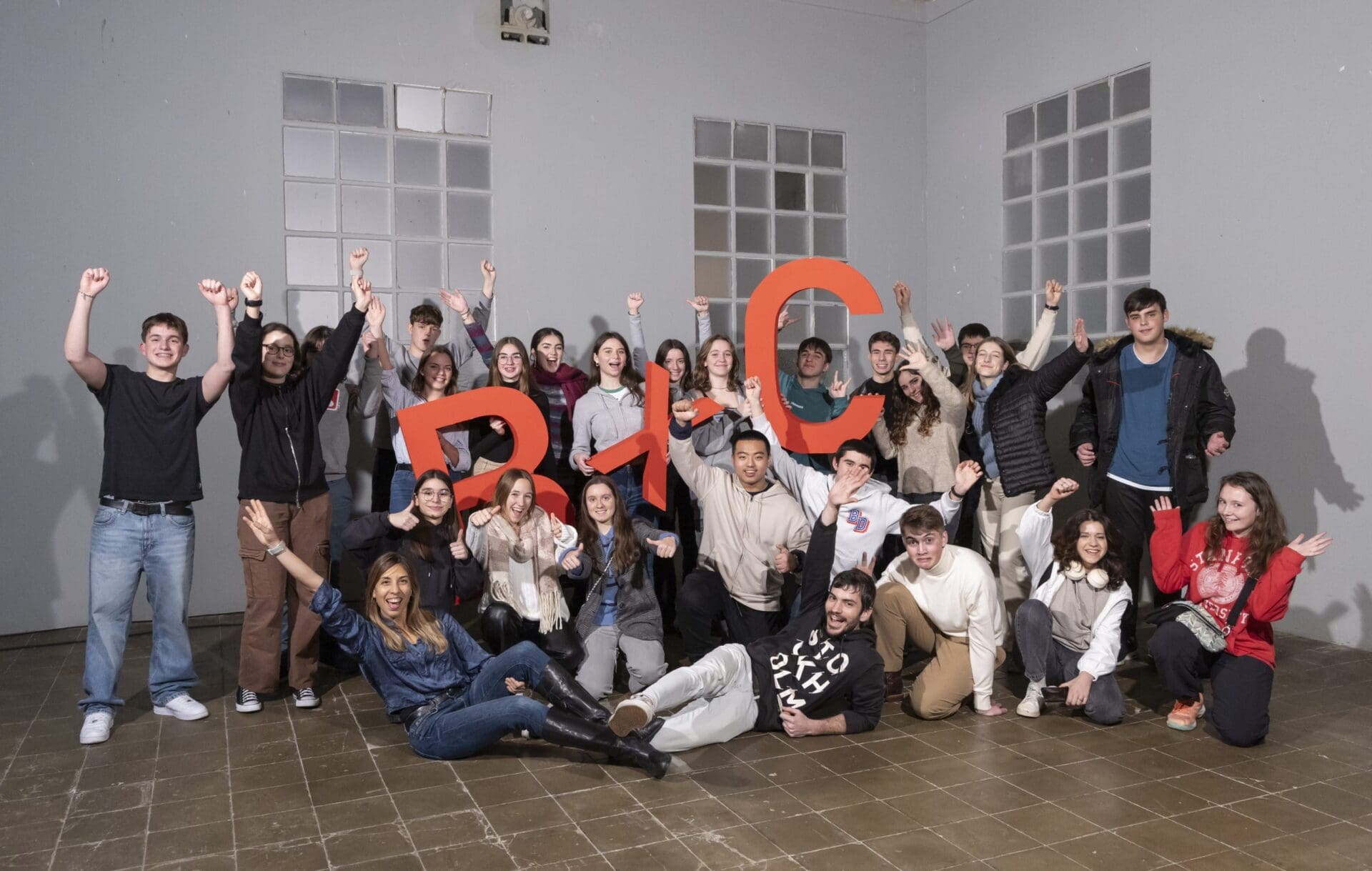
 02-12-2024
02-12-2024 